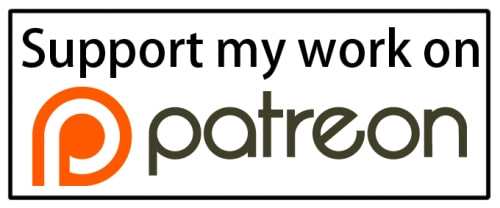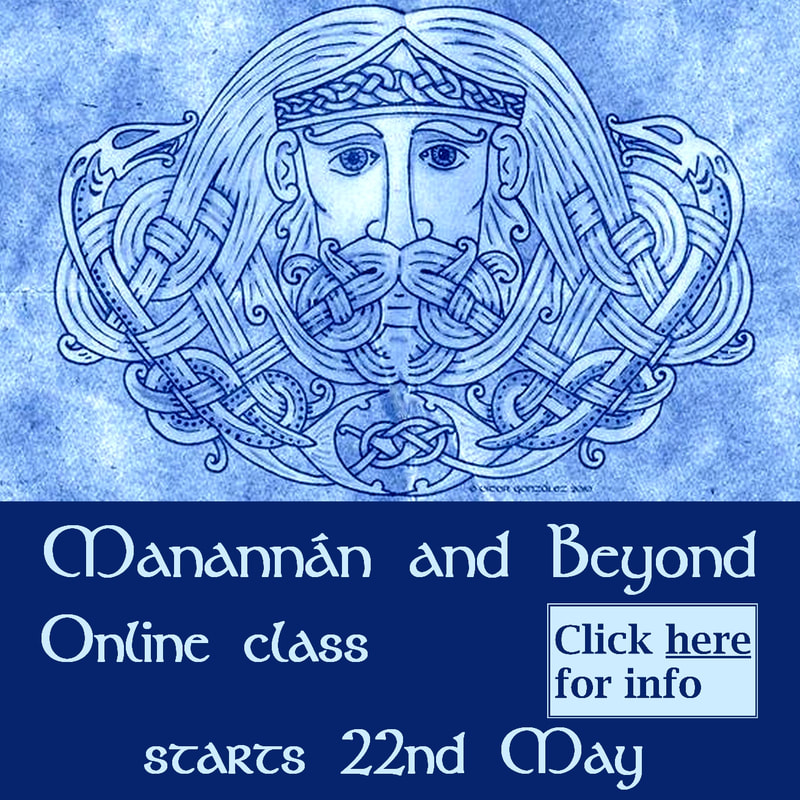I love learning. I love good sources of information, and I consider academic work to be invaluable. I just wanted to say that at the start, so as to leave no doubt. If only it were that simple, though.
As Pagans, many of us are trying to recreate, revive or reconstruct elements of ancient practices or ideas. We take an interest in history, mythology, folklore, archaeology and anthropology in ways the general public rarely does. These things inform and inspire each one of us a little differently, and I believe that's as it should be. I want my fellow Pagans to have access to the best quality information about whatever they need to know. I like to share things that will help them get there, including directing them toward the things that helped me.
So why do I think there is trouble? Perhaps a list is the easiest way to cover this.
The trouble with terrible information: There is no doubt that many Pagan and "esoteric" books have been published which are full of bad information. This also goes for blogs, documentaries, and things being taught in workshops. To call the bad stuff scholarship, though, is probably stretching a point, and there are also great documentaries, blogs and workshops. Bad information is nothing new. The Greeks, Romans and medieval Europeans have plenty of BS to offer us. Old isn't always better. Well informed Pagans see the bad stuff for what it is, and like to warn newcomers, which is fine, but it often leads to ...
The trouble with posturing: This is popular on the internet. People with a little knowledge like to lord it over people with a little less, and people with even more knowledge sometimes behave very badly, indeed. A lot of name-calling ensues, but even when it doesn't come to that, we find people speaking in absolute terms about things which any true academic would agree have not been proven. A little knowledge probably isn't that dangerous, but an overabundance can sometimes be the worst weapon, as in...
| The trouble with snowballing: This is when someone asks an innocent question and gets a nine paragraph answer. Another form is the Big Bibliography. "Come back after you've read these seventeen books. Then we'll talk." Now there are times when I have gratefully received such answers, but most of the time a question doesn't warrant it. You might know a lot of stuff, but you don't have to share it all at once! |
There are also issues with "tainted" areas of inquiry. Some of the most brilliant theories and discoveries are made by individuals whose work is patchy. Innovators and lateral thinkers often go down a few wrong roads before they find their answers. They may get overenthusiastic and publish their findings before they have checked all their conclusions, or simply carry their theories too far. They may even fudge things a little, because they are so sure of something that they might as well create an extra margin of proof so people will listen.
| With the academic climate being what it is, there are plenty of people waiting to savage good work because they found a loophole. Not only is this a shame for someone's career, it is often a complete dead-end for whatever they were working on. They may have been right, or getting very close to being right, but once a theory or line of research has had a good, public de-bunking, no one but the most secure, or ready-to-retire will dare to touch it. |
One final problem is fame. Academics who get contracts to make documentaries, or who write popular books that actually sell, sometimes come in for a special kind of backstabbing. It's occasionally deserved, and there's no doubt that personal image is as strong a selling point as brains, especially for television, but sometimes, people are just jealous.

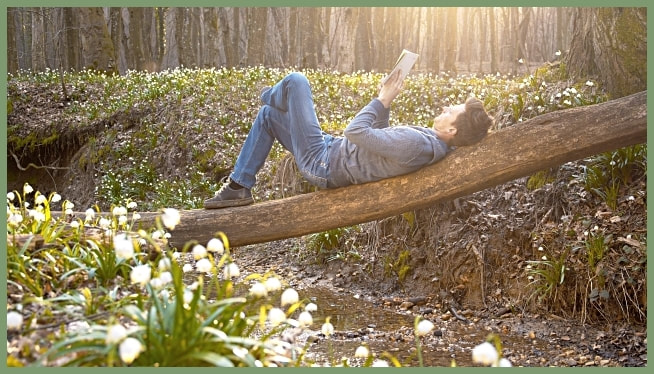


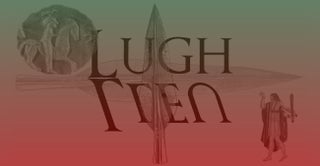
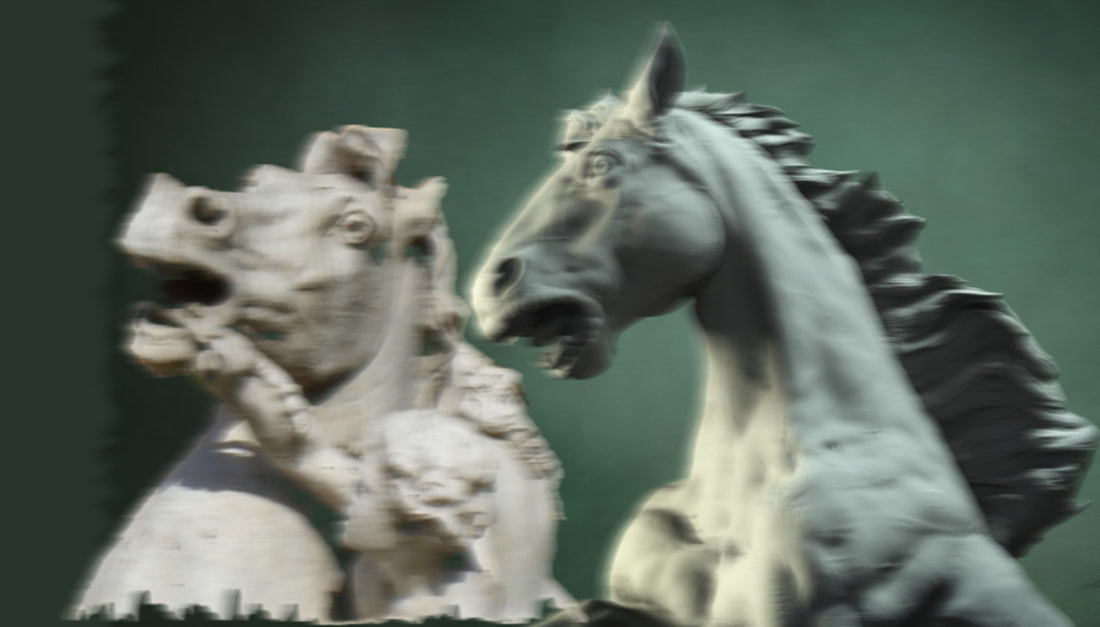

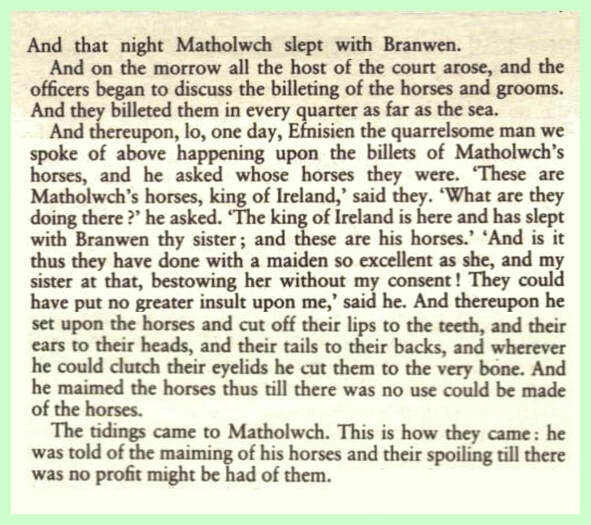
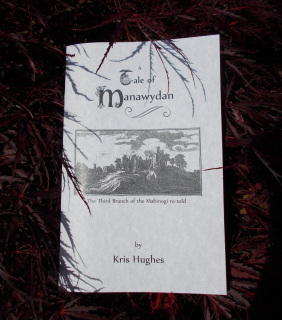
 RSS Feed
RSS Feed


